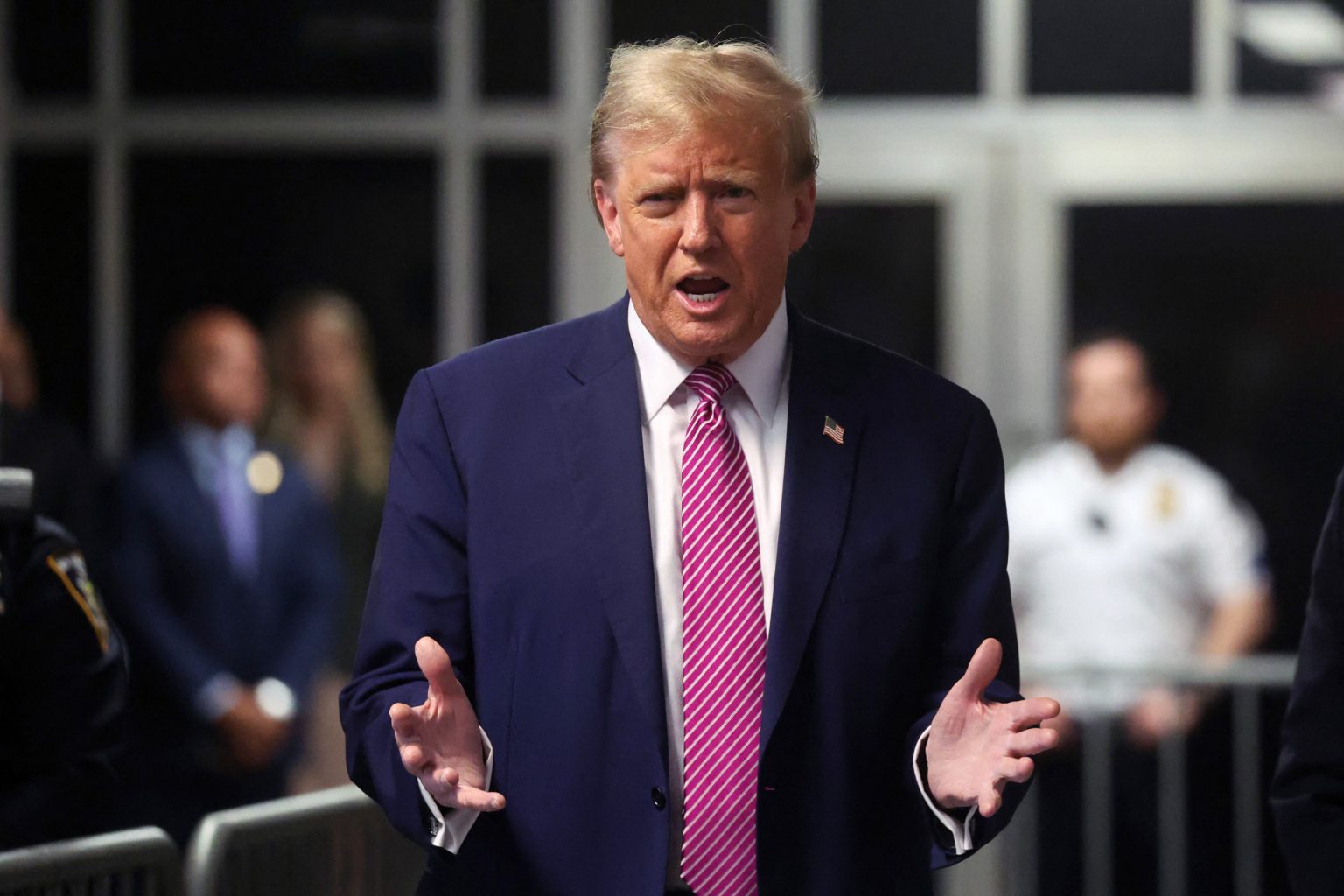Legal analyst Alan Dershowitz has warned against newly introduced legislation that would strip felons of Secret Service protection, specifically targeting former President Donald Trump. Democratic Representative Bennie Thompson brought forth the DISGRACED Act, which would terminate protection for individuals convicted of state or local felonies. Trump is mentioned as someone whose protection would be affected if found guilty, as he faces criminal indictments related to falsifying business records. Dershowitz criticized the legislation, suggesting that Democrats want Trump “killed” by removing his protection.
The legislation is co-sponsored by eight Democratic representatives and would only impact individuals whose offense carries a minimum one-year prison term. Thompson argued that current law does not address how Secret Service protection should be handled if a protected individual is sentenced to prison, creating logistical challenges for both the Secret Service and prison authorities. The bill aims to ensure equal administration of justice by preventing special treatment for individuals convicted of felonies, including former presidents like Trump who may be at risk without protection.
The legislation has sparked controversy, with concerns raised about potential political motivations behind the bill and its impact on former presidents’ security. The bill would affect anyone sentenced for a felony who would otherwise be entitled to Secret Service protection, as it aims to eliminate special treatment for individuals with criminal convictions. Secret Service protection for high-level officials and their families dates back to 1901 and is extended to major-party presidential nominees following the assassination of Senator Robert F. Kennedy in 1968.
Former presidential candidate Robert F. Kennedy Jr., the son of Senator Kennedy, has criticized the Department of Homeland Security’s denial of his request for Secret Service protection for the fifth time, alleging political motives behind the decisions. Presidential and vice presidential candidates, along with their spouses, are offered Secret Service protection within 120 days of a general election to ensure their safety. The ongoing debate over the DISGRACED Act highlights the complexities surrounding Secret Service protection for high-profile individuals facing legal challenges and the need for clarity in addressing such issues.
As Trump faces criminal charges and potential implications of the legislation targeting his Secret Service protection, legal experts like Dershowitz are raising concerns about the implications of stripping protection from individuals with criminal convictions. The debate underscores the delicate balance between security protocols for high-profile figures and the enforcement of justice for those convicted of felonies. With ongoing developments in Trump’s legal proceedings and the introduction of legislation like the DISGRACED Act, the intersection of politics, law, and security continues to be a contentious issue that requires careful consideration and debate.


